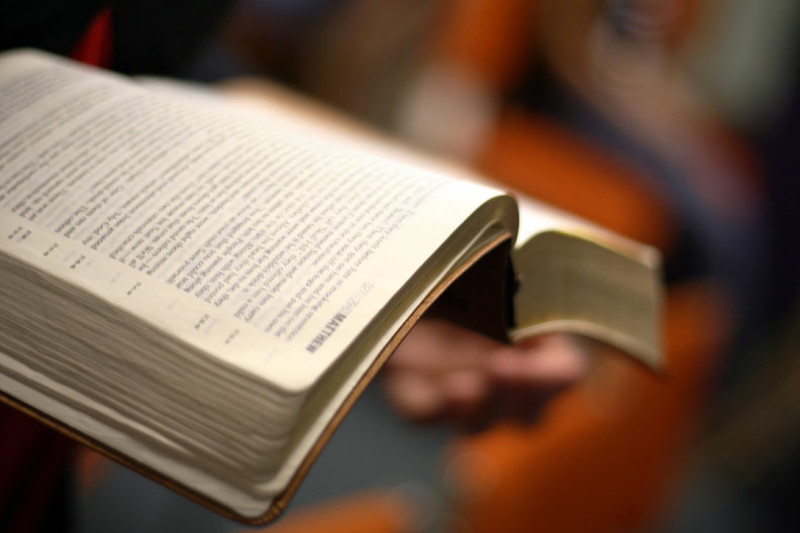
Dinesh Joseph D'Souza, an Indian American political commentator, examined a Harvard controversy that demonstrates why America's top university is not only sloppy and irresponsible, but actively contributes to the suppression of truth and the promotion of falsehoods, in this case a fabrication concerning the "wife" of Jesus.
Intercessors for America (IFA) emphasizes the need to cover educational institutions in prayer in an excerpted video from Dinesh D'Souza's webcast, which was first uploaded on Rumble.
D'Souza cites a 2014 incident in which the Harvard Theological Review featured a feminist and renowned progressive Harvard Divinity School professor, Karen King.
King claimed that she had discovered a new Christian text that clearly mentioned "Jesus' wife." Shortly after the seminar, the Harvard Theological Review issued a 29-page special edition with several articles regarding this finding. It allegedly contained reports by MIT and Columbia academics.
It must be noted that the Harvard Theological Review, founded in 1908 and produced by Cambridge University Press on behalf of the Harvard Divinity School, is a quarterly peer-reviewed scholarly journal.
According to D'Souza, several New Testament experts examined the text and concluded that the document was a fabrication. Nonetheless, Karen King's claims were supported by the Harvard Theological Review.
"Well, it turns out that the peer review process in this case was highly corrupted," D'Souza pointed out. "Why? Because the sole favorable reviewer of this manuscript of this Jesus life document, if you will, was a guy named Roger Bagnall, but Roger Bagnall confessed that he was the co-author of the paper with Karen King."
He said that Bagnall, far from being an impartial reviewer, had worked first with the author in drafting the paper. Furthermore, the scientist who claimed to support the paper was a longtime acquaintance of Karen King's family.
D'Souza claims that none of these links were disclosed to the Harvard Theological Review, and that the article was published as if it had been submitted for peer review and approved, giving it the appearance of legitimacy.
Soon after the paper was published, other academics allegedly began to investigate, and they discovered that the true source of the said manuscript was an online pornographer.
This person was reportedly enrolled in an Egyptology program that he dropped out of, and subsequently made up the manuscript claimed by King that she found and submitted to the Harvard Theological Review.
When this was revealed, instead of retracting the manuscript, explaining that it was published in error because the alleged peer reviewers were not legitimate independent reviewers, D'Souza claimed that the Harvard Theological Review did none of these things, even after many years had passed.
Instead, they pretended that these were valid debates between two opposing factions over the manuscript, even if no debate exists.
"The bottom line," D'Souza posits, is that "we're now seeing the way in which journals: theological journals, health journals, medical journals, and journals that deal with issues of climate are all being polluted by cronyism, corruption, ideological bias."
"And so," he continues, "our trust in academia, and more specifically in Harvard, takes a heavy blow. These people are, have been, outed as known liars."





















